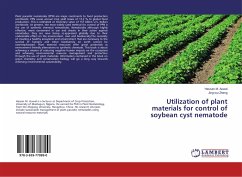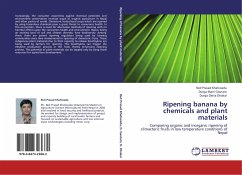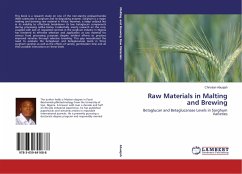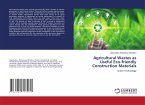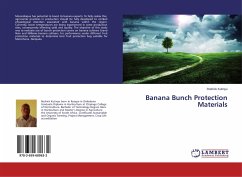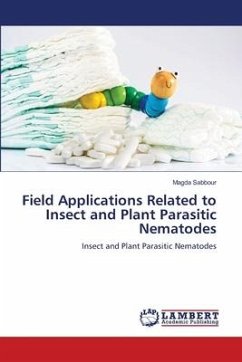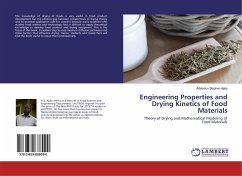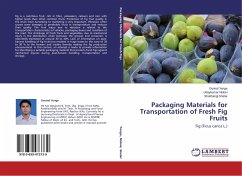Plant parasitic nematodes (PPN) are major constraints to food production worldwide. PPN cause annual crop yield losses of 12.3 % to global food production. This is estimated at monetary value of 157 billion U.S. dollars worldwide. At present, the most widely used method for control of PPN is the use of synthetic chemical nematicides. Nematicides although highly effective, more convenient in use and drastic in their action against nematodes, they are now being re-appraised globally due to their undesirable effect on the environment, man and biodiversity.The necessity of creating a healthy ecosystem and environment that are necessary to the survival of humans and other biodiversity on earth cannot be overemphasized. Plant material resources offer great potentials as environment friendly alternatives to synthetic chemicals. This book is about achieving a mission of reducing negative human impacts on the ecosystem and achieving environmental resource management and protection throughthe use of plant materials. Information contained in the book on green chemistry and conservation biology will go a long way towards achieving environmental sustainability.
Bitte wählen Sie Ihr Anliegen aus.
Rechnungen
Retourenschein anfordern
Bestellstatus
Storno

